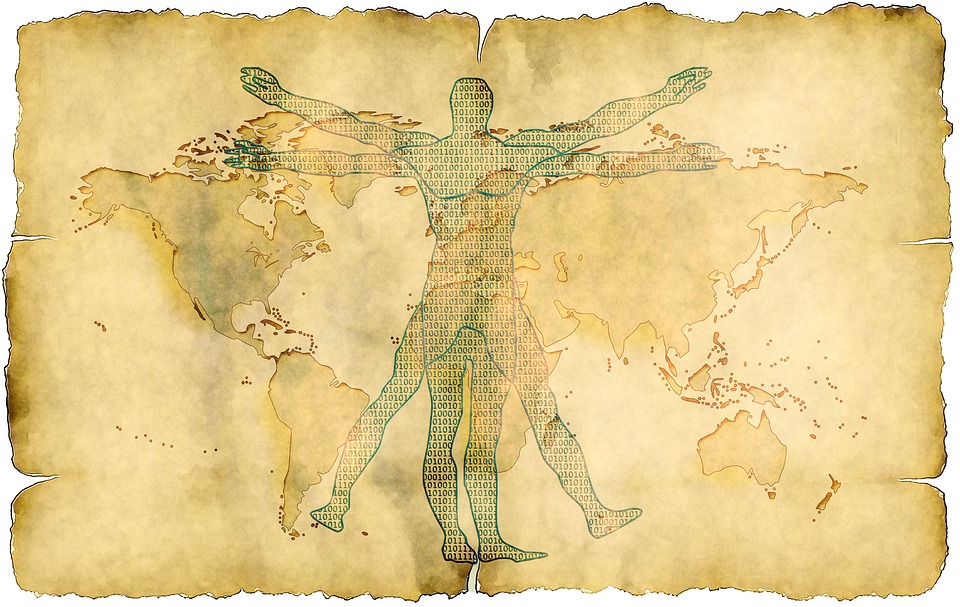Blockchain for Social Good: How This Technology is Being Used to Drive Positive Change
Blockchain technology, once solely associated with cryptocurrency and financial transactions, has evolved to become a powerful tool for driving social good. The secure, transparent, and decentralized nature of blockchain has made it an attractive solution for addressing some of the world’s most pressing social and environmental issues. In this article, we’ll explore the various ways blockchain is being used to drive positive change and create a better world for all.
What is Blockchain?
Before diving into the social good applications of blockchain, let’s briefly review what blockchain is. In simple terms, blockchain is a distributed digital ledger that records transactions across a network of computers. This ledger is secure, transparent, and tamper-proof, allowing for the secure and efficient exchange of data and assets.
Applications of Blockchain for Social Good
- Supply Chain Transparency: Blockchain is being used to create transparent and fair supply chains, ensuring that products are sourced and produced in an ethical and sustainable manner. For example, companies like Patagonia and Reebok are using blockchain to track the origin and movement of their products, allowing consumers to make informed purchasing decisions.
- Identity Verification: Blockchain-based identity verification systems are being developed to provide secure and decentralized identity management for individuals, particularly in areas where traditional identification systems are lacking. This technology has the potential to empower marginalized communities and provide access to essential services like healthcare and education.
- Voting Systems: Blockchain-based voting systems are being explored as a means of ensuring the integrity and transparency of elections. By using blockchain, votes can be securely and anonymously cast, reducing the risk of tampering and increasing voter trust.
- Environmental Sustainability: Blockchain is being used to promote environmental sustainability by creating incentivized systems for reducing waste and promoting eco-friendly behaviors. For example, the Plastic Bank uses blockchain to reward individuals for collecting plastic waste, which can then be exchanged for goods and services.
- Disaster Relief: Blockchain is being used to improve disaster relief efforts by creating secure and transparent systems for tracking donations and providing aid. This technology has the potential to reduce the risk of fraud and ensure that aid reaches those who need it most.
- Healthcare: Blockchain is being used in healthcare to create secure and decentralized systems for storing and sharing medical records. This technology has the potential to improve patient outcomes, reduce healthcare costs, and increase the efficiency of clinical trials.
- Refugee Support: Blockchain is being used to support refugees by providing secure and decentralized systems for storing and managing identity documents, medical records, and other essential information.
Real-World Examples of Blockchain for Social Good
- The World Food Programme’s (WFP) Blockchain-Based Food Aid: The WFP is using blockchain to track and manage food aid, ensuring that aid reaches those who need it most and reducing the risk of corruption and waste.
- The Etherium-Based Charity Platform, GiveTrack: GiveTrack is a blockchain-based charity platform that allows donors to track the impact of their donations in real-time, promoting transparency and accountability.
- The Blockchain-Based Identity Verification System, Self-Sovereign Identity: Self-Sovereign Identity is a blockchain-based identity verification system that provides secure and decentralized identity management for individuals, particularly in areas where traditional identification systems are lacking.
Challenges and Limitations
While blockchain has the potential to drive significant social good, there are several challenges and limitations that must be addressed, including:
- Scalability: Blockchain technology is still in its early stages, and scalability issues must be addressed to ensure widespread adoption.
- Regulation: Regulatory frameworks are still evolving, and clear guidelines are needed to ensure the safe and responsible use of blockchain technology.
- Education and Awareness: There is a need for increased education and awareness about the potential benefits and limitations of blockchain technology.
Conclusion
Blockchain technology has the potential to drive significant social good by providing secure, transparent, and decentralized solutions for addressing some of the world’s most pressing social and environmental issues. From supply chain transparency to identity verification, voting systems, and environmental sustainability, blockchain is being used in a variety of innovative ways to create a better world for all. While there are challenges and limitations to be addressed, the potential benefits of blockchain for social good are undeniable. As this technology continues to evolve, we can expect to see even more innovative applications and solutions emerge, driving positive change and creating a brighter future for all.

